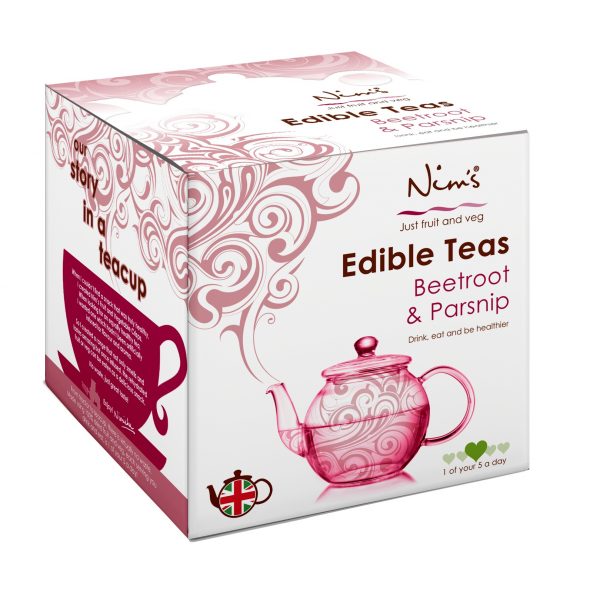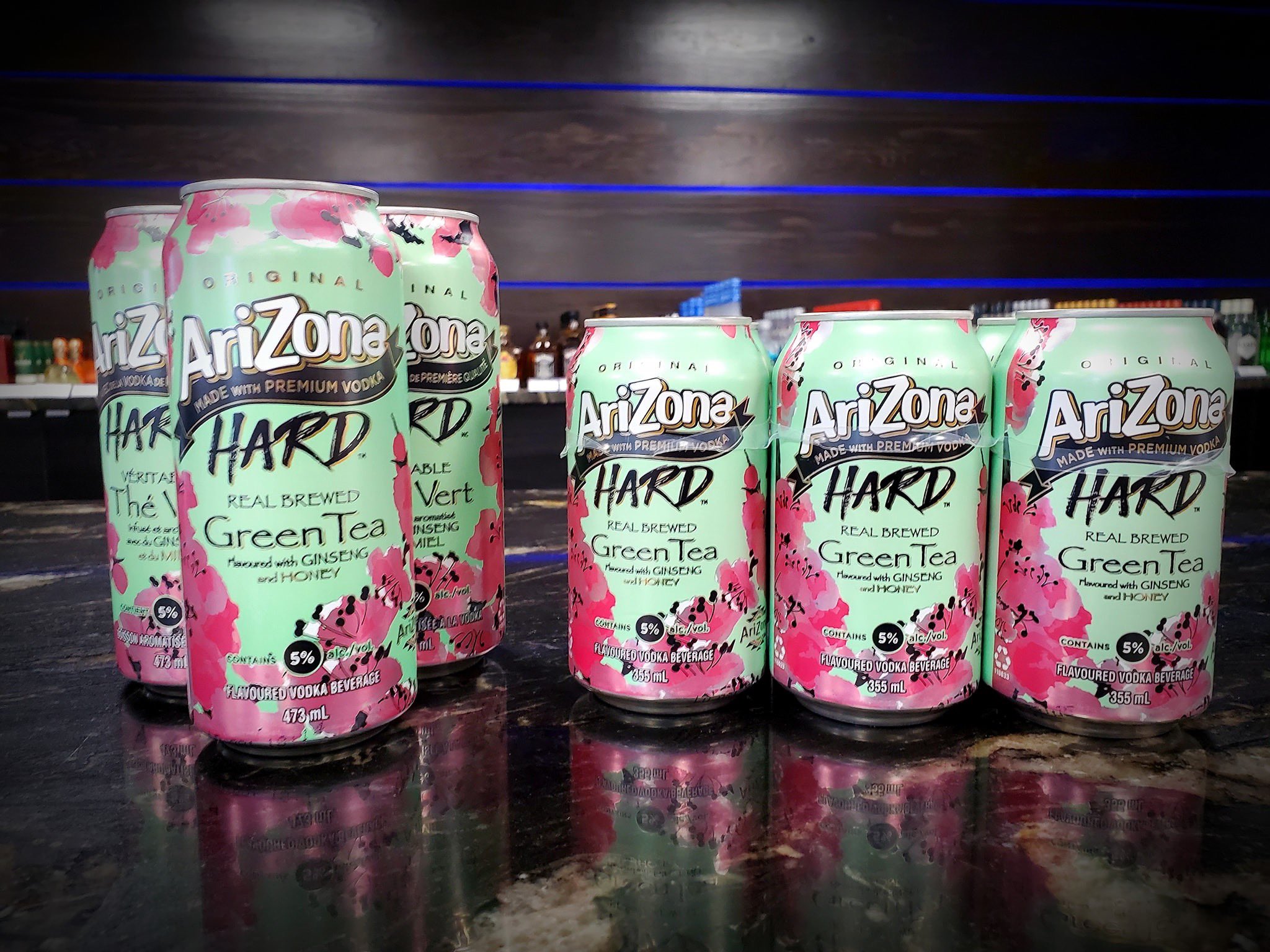Tea industry news for the week of April 13
– Grocery Sales Spike
– Tea Production Declines
– Health Misinformation
– Skipping Port
– Edible Tea

Tea sales in grocery spiked as consumers rushed to stock up ahead of lockdowns in the US, Canada, and the UK. Sales in the UK the week of March 21 rose 55% compared to the previous year, according to Nielsen market research.
Grocery shoppers in the UK, on average, spent an additional $80 (£62.92) stocking up during March.
In the US, market information provider IRI in Chicago reports an 11% increase in year-to-date in sales of packaged tea in multi outlets (including grocery and convenience stores). Dollar sales of instant tea mixes rose 12%. Sales of refrigerated teas increased by 9.4%, and sales of refrigerated ready-to-drink coffee grew 23% year to date, compared to the same period in 2019. Coffee sales were up 8.2% to $2.6 billion through March 22.
Major brands, including Lipton, Tetley, Twinings, and PG Tips assured consumers confronting empty shelves that supplies were sufficient as grocery sales rose 20% to their highest level in a decade, according to Kantar Research. Herbals associated with improving immunity spiked as well with top sellers listing ingredients such as echinacea, ginger, ginseng, and lemon and honey.
Production Declines
Plucking resumed Monday April 13 in Darjeeling on government orders limiting the workforce to 25% of normal. A large factory like Thurbo, one of the Goodricke Group, employs 400 but can operate with 100 staff by reducing the number of processing lines. Processing capacity makes it possible to resume plucking the valuable first flush leaves.
Financial analysts at ICRA estimate India’s tea industry will experience a decline of 90 million kilos in 2020. The estimate assumes 45-50 million fewer kilos of tea from plantations and 45 million fewer kilos from smallholders. Annual tea production will decline 6-7% in Assam and West Bengal and another 5-6% in South India. Bought-leaf factories remain closed.
ICRA estimates that the earliest tea estates could start production would be around the third week of April, given the present situation, according to The Economic Times. The government permitted plantations to resume harvesting this week, but mandates staffing at no more than half previous levels. Social distancing and health precautions are to be enforced. Since the lockdown, now in its third week, weeds are encroaching, pest counts are high, and a light pruning is needed before plucking resumes. These actions will add INRs15 per kilo to the cost of production, according to ICRA, noting: “Any decline in production in the second flush teas would result in a substantially higher cost per kilo.” In India, labor expense accounts for 65-70% of the cost of production.
Kenya saw exports decline by 4 million kilos in February to 40.5 million kilos compared to February 2019 totals, according to the Agriculture and Food Authority. Disruptions in the auction at Mombasa are to blame as the weather is excellent with moderate temperatures and favorable rainfall in the western and rift valleys. The harvest increased to 49.2 million kilos compared to 31.4 million kilos during the same period last year. Smallholders contributed 19 million kilos to the total. Prices at Mombasa were down, averaging $2.13 per kilo compared to an average price of $2.16 per kilo in February 2019.
Curfews in Sri Lanka temporarily stopped tea production in March. Plantations Minister Ramesh Pathirana said the nation’s tea plantations would be allowed to continue operations so long as they adhere to guidelines set by the Health Ministry. To facilitate transactions, the Ceylon Tea Traders Association has switched to online auctions after 137 years of outcry bidding. Banks and the government departments regulating food safety and trade that are essential to export are now open three days a week but operated by half their usual staff.
In Vietnam, first-quarter tea exports declined 2.4% in volume and lost 19% in value compared to the previous year. Shipments to China, Taiwan, and Russia, were virtually halted. The US is one of the top five destinations that together account for 75% of Vietnamese tea. Prices declined 13.5% to $37 million in February, averaging $1.48 per kilo, according to the Vietnam Tea Association. Trading partners are asking for lower prices, delayed delivery, and even canceling contracts, according to the association.
Health Misinformation
Physicians strongly disclaim a post stating that drinking tea is an effective cure for COVID-19, the disease caused by the newly discovered coronavirus. The World Health Organization (WHO) in March declared there is no known cure for COVID-19. “To date, there is no vaccine and no specific antiviral medicine to prevent or treat COVID-2019,” according to WHO. The post, incorrectly attributed to CNN, appeared on WhatsApp and Facebook and was widely shared. The report did not appear on CNN. “While tea may strengthen immunity, there is no “research” indicating benefits for COVID-19 patients,” according to Dr. Jayaruwan Bandara, director of the Sri Lanka Medical Research Institute, as reported by AFP in a Fact Check published March 26.
“News reports in China in February also picked up on the claim that tea could be used to stop the virus but said it was not true,” according to the BBC News Reality Check.
Related…
Sri Lanka is promoting black tea as an immunity booster, and India may soon follow.
Citing a study by the Tea Research Association (TRA) that Ceylon tea contains high levels of theaflavin, Sri Lanka initiated an advertising campaign claiming that ‘Ceylon Black Tea’ enhances COVID-19 immunity. TRA maintains that theaflavin, the main polyphenol in black tea, boosts immunity based on studies published in medical journals
A 2003 experiment involving 21 volunteers by Dr. Jack Bukowski at Harvard Medical School showed that immune system blood cells from tea drinkers responded five times faster to germs than did the blood cells of a control group. Bukowski explained that L-theanine is broken down in the liver to ethylamine, a molecule that primes the response of an immune system element called the gamma-delta T cell.
“We know from other studies that these gamma-delta T cells in the blood are the first line of defense against many types of bacteria, viral, fungal, and parasitic infections,” he said. In 2007 Bukowski demonstrated that drinking five cups of tea daily increased the body’s ability to ward off colds and flu. His work appeared in The Journal of the American College Of Nutrition
The United Planters Association of South India (UPASI) Tea Research Foundation is compiling a brief to convince the Tea Board of India to follow Sri Lanka’s lead in promoting tea as a wellness drink.
Tea Board Chairman PK Bezbaruah told the Hindu Businessline, “Indian teas, particularly Assam and the South Indian teas, have a very high proportion of the Theaflavin compound and hence should ideally be more effective.”
“I think this can help push exports, particularly at a time when the output is expected to be at least 15% lower this year,” Bezbaruah said.
Skipping Port
Shipping companies are bypassing Indian ports essential to the tea trade. Container ships generally stop at one or two local ports to load cargo before traveling between continents. When containers are delayed in reaching port, ship captains have no reason to stop.
Canceling India’s tea auctions for two weeks to prevent the spread of the coronavirus set in motion a sequence leading to this unusual logistical snafu. Tea is exempt from transport restrictions, but shipments delayed at auction experienced further problems in transit as law enforcement agencies stopped trucks en route to ports. Exporters next experienced numerous cancellations of consignments following the collapse of retail demand in foodservice. New buyers are scarce, leading to acute cash flow problems that subsequently hampered exporter’s ability to meet contracted delivery dates.
NEW PRODUCTS

Edible Tea
Nim’s, a UK-based fruit crisp brand, recently introduced the first edible teas. These can be brewed or eaten as a snack. Nim’s located in Sittingbourne, produces air-dried snacks using beetroot and pineapple, kiwi and pineapple, and beetroot and parsnip. The tea sells for $6.25 (£5) for 12 sachets. Once the tea is steeped, you can enjoy the rehydrated fruit and vegetables “Drink, Eat and be Healthier.”

Vodka Tea
Arizona Iced Tea launched a 5% ABV ginseng and honey-flavored green tea blended with vodka. The new line is named Arizona Hard. The initial rollout in Canada features 473ml single tall cans or 12-ounce (355ml) six-packs. The suggested retail price is CAD$3.49 for the individual can. In Canada, spiked tea can be delivered to your home by food delivery services such as SkipTheDishes.

